Deadline to show interest is December 2
 Yavapai County School Superintendent Tim Carter has initiated the process of filling the Yavapai Community College District Governing Board seat soon to be vacated by District 4 representative Chris Kuknyo. This District includes North Prescott, Chino Valley, Paulden, Ash Fork, Seligman, and surrounding areas. Kuknyo will remain on the Board until December 31, 2024, and the new appointment is expected to be finalized and announced by December 18, 2024.
Yavapai County School Superintendent Tim Carter has initiated the process of filling the Yavapai Community College District Governing Board seat soon to be vacated by District 4 representative Chris Kuknyo. This District includes North Prescott, Chino Valley, Paulden, Ash Fork, Seligman, and surrounding areas. Kuknyo will remain on the Board until December 31, 2024, and the new appointment is expected to be finalized and announced by December 18, 2024.
Application Details
Individuals interested in serving on the Board are invited to submit a letter of interest and a resume to Superintendent Tim Carter at the Yavapai County Education Service Agency. Submissions can be sent to the following address:
- Mail: 2970 Centerpointe East, Prescott, AZ 86301
- Fax: 928-771-3329
- Email: Tim.Carter@yavapaiaz.gov
Applicants should include details about their background, including family, education, and work experience, as well as an explanation of why they wish to join the Board. The letter must also include the applicant’s residence and mailing address, email address, and home/work phone numbers. Additionally, candidates may submit up to three letters of recommendation.
The deadline for submitting all materials is Monday, December 2, 2024, at 5:00 p.m.
Selection Process
A five-person committee will review all applications, resumes, and any letters of recommendation. The committee will include:
- A taxpayer.
- A faculty member.
- A student.
- An elected official.
- A workforce development professional.
This committee will shortlist candidates for interviews, establish interview questions, and conduct the interviews on December 13, 2024. Afterward, they will recommend finalists for Superintendent Carter’s consideration.
Before making the final selection, Carter will consult individually with the currently seated Yavapai College Governing Board members to gather their input on the finalists. However, this process raises a notable issue: outgoing Board member Ray Sigafoos, who was defeated in the recent election, will participate in candidate discussions, while newly elected Board member William Kiel, who begins his term in January 2025, will not.
Eligibility Criteria
To be eligible for the District 4 seat, applicants must meet the following qualifications:
- Be a registered voter residing in District 4.
- Be a U.S. citizen at least 18 years of age.
- Have civil rights intact.
- Neither the applicant nor their spouse may be employed by the college district.
This is a non-partisan seat, and the appointment process will adhere to the statutory requirements.

 The Yavapai Community College District Governing Board will hold a meeting on Tuesday, November 19, 2024, at the Rock House on the Prescott Campus. The meeting is scheduled to begin at 1:00 p.m. and is expected to last approximately three hours. A live video stream will be available on YouTube.
The Yavapai Community College District Governing Board will hold a meeting on Tuesday, November 19, 2024, at the Rock House on the Prescott Campus. The meeting is scheduled to begin at 1:00 p.m. and is expected to last approximately three hours. A live video stream will be available on YouTube.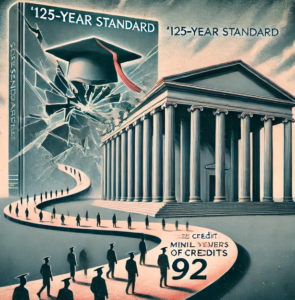 Colleges and universities typically require 120 credits for a B.A. degree, as this standard reflects the nation-wide amount of study time deemed necessary for comprehensive understanding in a subject area. This requirement includes both general education courses across various disciplines and focused coursework within a chosen major. The 120 credits are intended to ensure students graduate with adequate preparation for the workforce, balancing broad education with specialized knowledge in their field.
Colleges and universities typically require 120 credits for a B.A. degree, as this standard reflects the nation-wide amount of study time deemed necessary for comprehensive understanding in a subject area. This requirement includes both general education courses across various disciplines and focused coursework within a chosen major. The 120 credits are intended to ensure students graduate with adequate preparation for the workforce, balancing broad education with specialized knowledge in their field.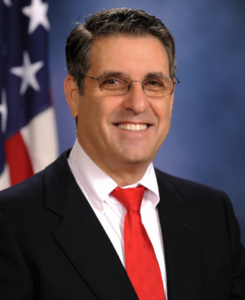
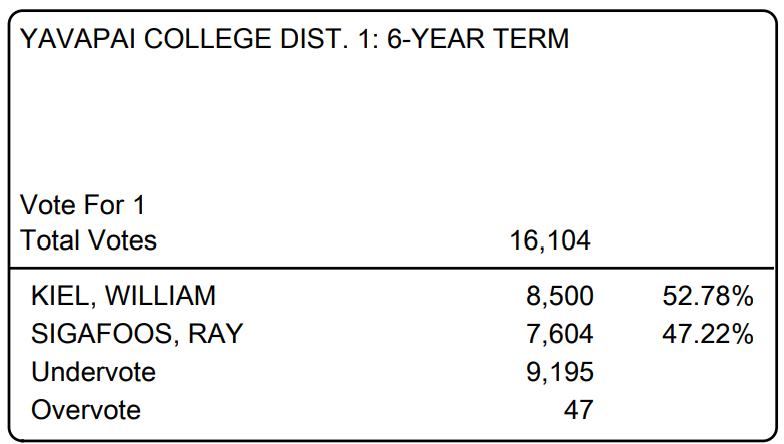
 OPINION: For over 50 years, Yavapai Community College leadership has focused its efforts on building an extensive music program exclusively on the Prescott Campus. Throughout this time, it has neglected to make similarly accessible music instruction reasonably available to students in other parts of Yavapai County. With the approval of the District Governing Board, this concentrated effort has resulted in a full range of music courses being offered solely in Prescott—such as music theory, piano classes, music appreciation, private lessons, and performance ensembles. This focus has also produced impressive student music groups, including the Master Chorale, Community Chorale, Women’s Chorale, Chamber Singers, Concert Band, Symphonic Band, Symphony Orchestra, and Jazz ensembles, providing students with opportunities to develop their musical talents collaboratively. Additionally, the Community College now offers an Associate of Arts in Fine Arts degree with a concentration in Music—yet music instruction in person is provided only on the Prescott Campus.
OPINION: For over 50 years, Yavapai Community College leadership has focused its efforts on building an extensive music program exclusively on the Prescott Campus. Throughout this time, it has neglected to make similarly accessible music instruction reasonably available to students in other parts of Yavapai County. With the approval of the District Governing Board, this concentrated effort has resulted in a full range of music courses being offered solely in Prescott—such as music theory, piano classes, music appreciation, private lessons, and performance ensembles. This focus has also produced impressive student music groups, including the Master Chorale, Community Chorale, Women’s Chorale, Chamber Singers, Concert Band, Symphonic Band, Symphony Orchestra, and Jazz ensembles, providing students with opportunities to develop their musical talents collaboratively. Additionally, the Community College now offers an Associate of Arts in Fine Arts degree with a concentration in Music—yet music instruction in person is provided only on the Prescott Campus.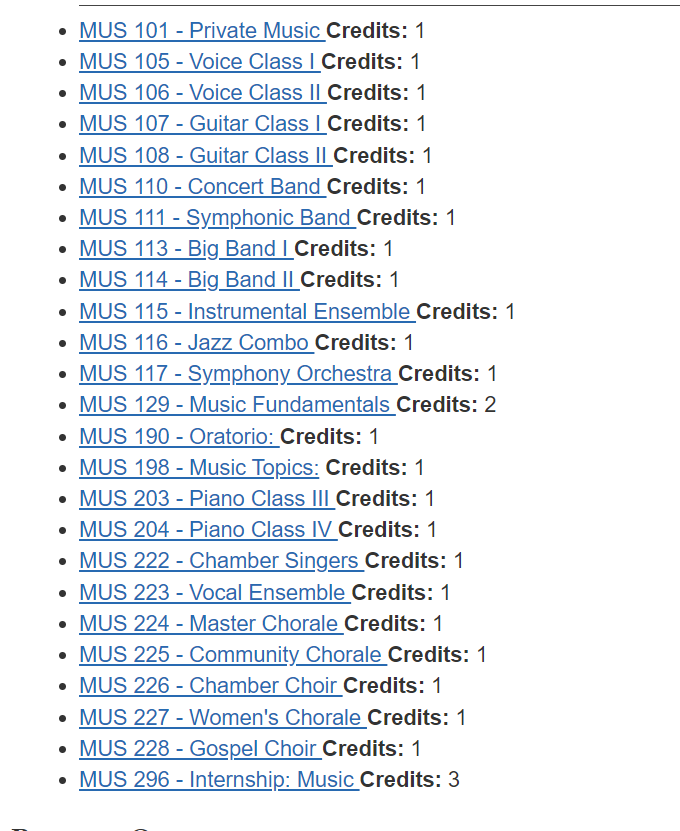 The Expansive Reach of Yavapai County
The Expansive Reach of Yavapai County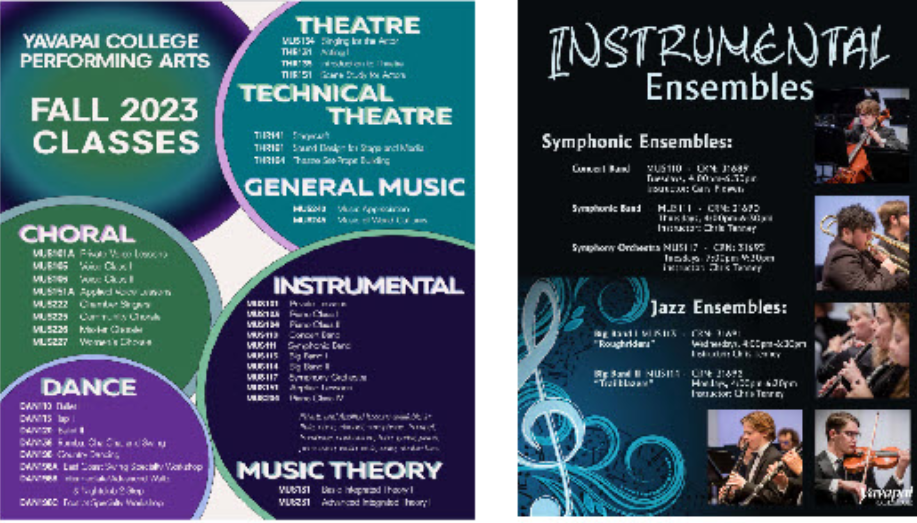 Barriers to Student Success
Barriers to Student Success At its October meeting, Yavapai Community College (YCC) leadership informed the District Governing Board that it has adopted a strategy of annually requesting a one percent increase in County property taxes. This incremental approach is set to begin this year, under the guise of softening public reaction to periodic hikes.
At its October meeting, Yavapai Community College (YCC) leadership informed the District Governing Board that it has adopted a strategy of annually requesting a one percent increase in County property taxes. This incremental approach is set to begin this year, under the guise of softening public reaction to periodic hikes. Tuition increases at Yavapai Community College are annually approved by the District Governing Board with little significant questioning, discussion, or commentary. The meeting on October 29, concerning the requested tuition increase for the 2025-2026 academic year, was no exception. It mirrored last year’s presentation of the topic, which lasted just eight minutes. This year, the presentation and Board vote took only twelve minutes of the meeting.
Tuition increases at Yavapai Community College are annually approved by the District Governing Board with little significant questioning, discussion, or commentary. The meeting on October 29, concerning the requested tuition increase for the 2025-2026 academic year, was no exception. It mirrored last year’s presentation of the topic, which lasted just eight minutes. This year, the presentation and Board vote took only twelve minutes of the meeting.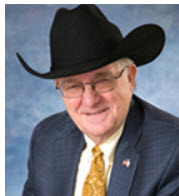
 Once again, Yavapai Community College District Governing Board members were summoned by the Community College leadership into a closed executive session to discuss the potential land purchase or land lease in Prescott. This secretive meeting, which delayed the start of the general meeting by over an hour, required a last-minute agenda change, moving the executive session from its original position as the final agenda item.
Once again, Yavapai Community College District Governing Board members were summoned by the Community College leadership into a closed executive session to discuss the potential land purchase or land lease in Prescott. This secretive meeting, which delayed the start of the general meeting by over an hour, required a last-minute agenda change, moving the executive session from its original position as the final agenda item.